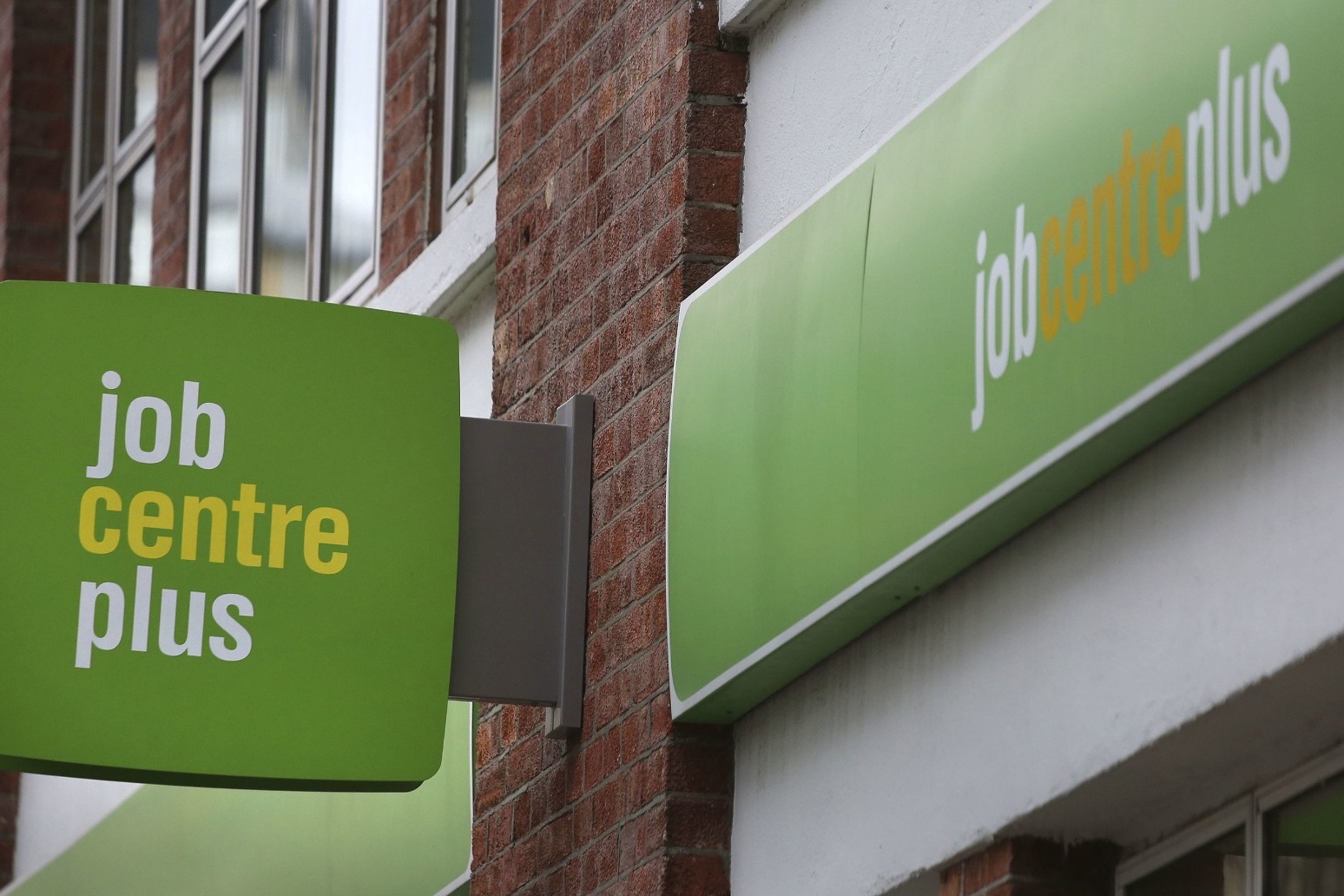
Wage growth falls back further but continues to outstrip inflation
UK earnings growth has fallen back further amid mounting signs of a weakening jobs market, but wages are outstripping inflation at the fastest pace for more than two-and-a-half years, according to official figures.
The Office for National Statistics (ONS) said average regular earnings growth dropped to 5.7% in the three months to May – down from 6% in the previous three months and the lowest level since the quarter to September 2022.
With Consumer Prices Index (CPI) inflation taken into account, regular earnings rose by 3.2%, which is the highest since the three months to August 2021.
The ONS estimated that the rate of unemployment remained unchanged at 4.4% in the three months to May.
But it flagged further signals that the employment sector is cooling, with 30,000 fewer vacancies at 889,000 in the quarter to June.
Liz McKeown, ONS director of economic statistics, said: “Earnings growth in cash terms, while remaining relatively strong, is showing signs of slowing again.
“However, with inflation falling, in real terms it is at its highest rate in over two-and-a-half years.
“We continue to see overall some signs of a cooling in the labour market, with the growth in the number of employees on the payroll weakening over the medium term and unemployment gradually increasing.
“The number of job vacancies is down across most sectors, led by retail and hospitality. The total has now been falling for a full two years, though it remains above pre-pandemic levels.”
More timely figures also show that the number of workers on UK payrolls was estimated to have edged up by 0.1% month-on-month in June, up 16,000 at 30.4 million.
The ONS said growth in payroll employees has been slowing for at least the past six months.
The Bank of England is watching the jobs market, and wages in particular, closely as it weighs up when to cut interest rates from the current level of 5.25%.
Inflation has now fallen back to its 2% target, but despite the milestone, there are concerns that inflationary pressures still remain in parts of the economy.
Official figures on Wednesday showed inflation in the services sector – which accounts for more than three quarters of the UK economy – remained stubbornly high at 5.7% in June, partly as a result of wage growth, which cast doubts on whether the Bank will cut rates at its next meeting on August 1.
While private sector regular pay growth fell to 5.6% in the three months to May from 5.9% in the previous three months, it stayed at 6.4% in the public sector.
Jake Finney, economist at PwC, said: “The latest labour market data continues to be more awkward for the Bank of England than the inflation data.
“The labour market is clearly cooling… but pay growth still remains elevated at 5.7%, way in excess of the circa 3% level that is considered to be consistent with the 2% inflation target.
“This still remains one of the largest potential barriers to an August rate cut.”
The ONS said the inactivity rate of those aged between 16 and 64 not actively looking for work edged lower to 22.1% in the three months to May, down from 22.3% in the previous three months.
It added that there were around 49,000 working days lost due to strike action in May, marking the highest level since February.
Published: by Radio NewsHub